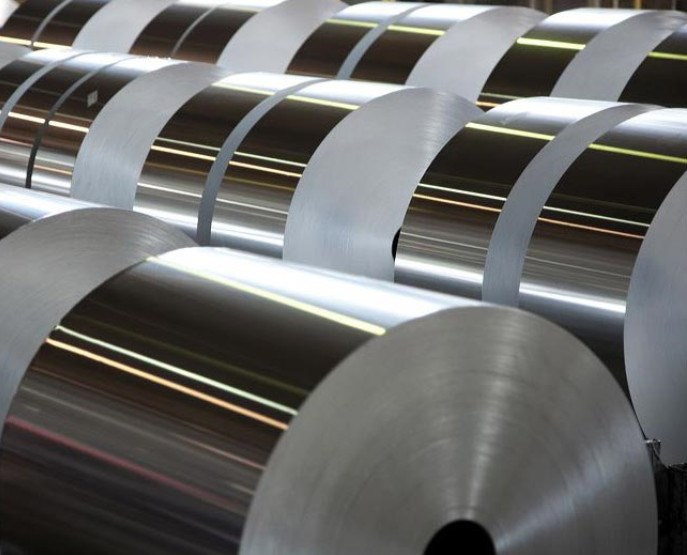

The U.S. Commerce Department has decided to impose tariffs ranging from 97 per cent to 162 per cent on Chinese made aluminium foil increasing it from the already existing 81% rate that the administration had imposed in the summer.

Industry experts from the U.S. are of the view that the measure will not arguably protect domestic industry as claimed. Aluminum foil converters, the industry that processes and makes products from base raw material of aluminium foil rolls, have vehemently opposed the tariff.
The converters claimed that they moved away from US-made foil to imported product not because of cheaper price but because domestic foil “was the source of over 95% of [their] raw material rejection”. Two American aluminium foil manufacturers are out of the league due to low production capacity even after improving their product quality.
With the added tariffs Chinese base aluminium foils have become expensive forcing US aluminium foil converters to source from Eastern Europe, Russia, and Asia. They are of the view that this economically faulty measure will not only fail to achieve its claimed goal of supporting the American foil manufacturing industry, but also cripple the growing foil conversion industry.
While foreign manufacturers would no longer face tough competition from Chinese companies for the US market, they would raise price of aluminium foils. Considering the widespread use of foil products in food, medical, personal care and beauty industry, it would have a widespread ripple effect on prices across the board.
A Bloomberg columnist Virginia Postrel notes, “Converters in Mexico and Canada, for instance, could import Chinese aluminium foil without paying the sky-high duties and then export their products into the U.S. under the North American Free Trade Agreement.” If this were to happen, it would bring prices back down on foil-based products. However, this entirely unnecessary chain of events would have the result of damaging one industry to protect another that can barely keep up with its existing business,“ she added.
She is of the view that Trump administration is actually protecting the cause of a handful of domestic aluminium makers, disregarding the ripple effects on the end use markets. The step is likely to have much more far-reaching effects on U.S. companies than the Chinese manufacturers.



Responses






